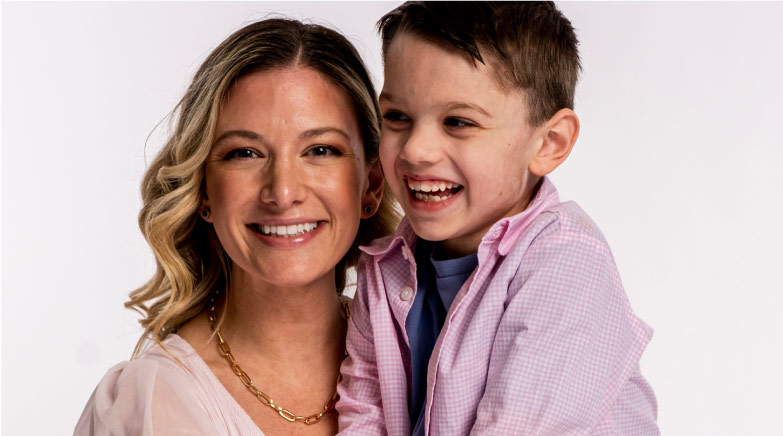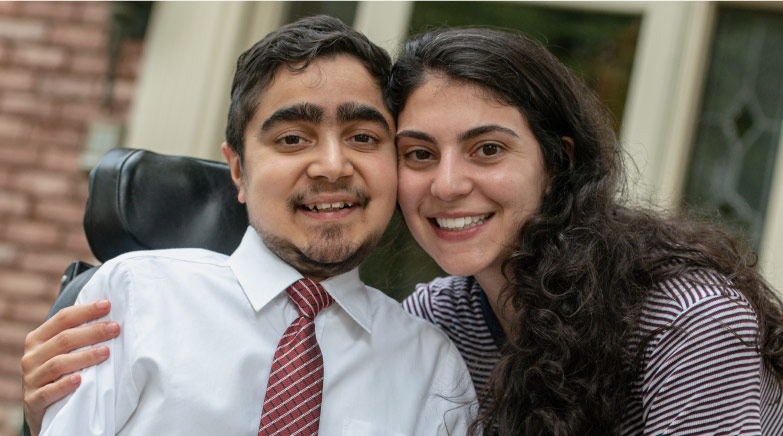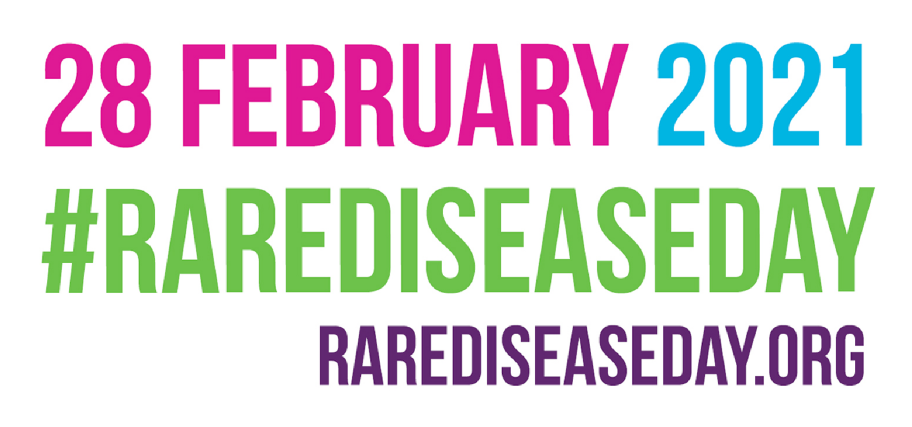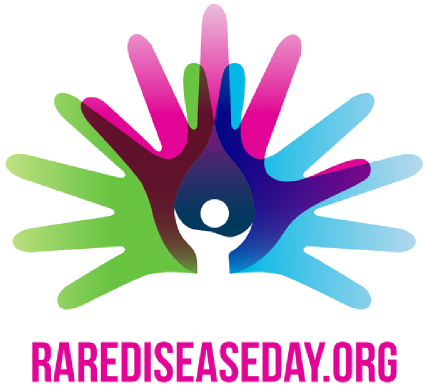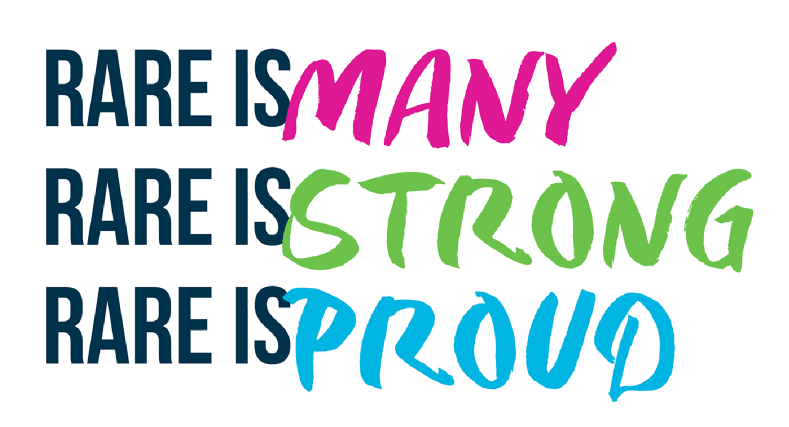Living with DMD has profound impacts on every part of people’s lives, from work and socializing to family life. Community members have shared moving examples of living with Duchenne with our team and have told us what it would mean to them to have a transformative therapy for their disease.
DMD Stories
Each person living with DMD has
a unique and powerful story to tell
a unique and powerful story to tell
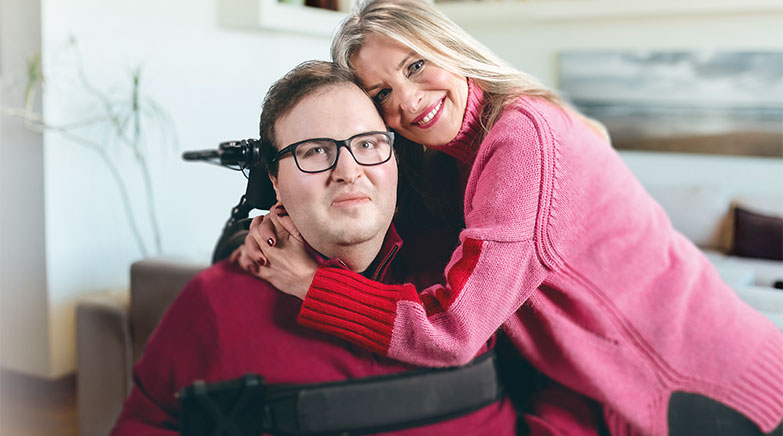
Meet Catherine and Alan
Catherine and Alan share their journey living with DMD and their hopes for the future

